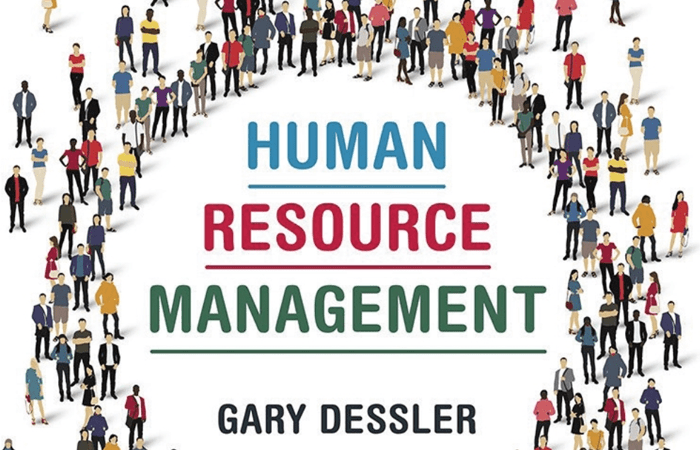Human Resource Management 16th Edition Free unveils the captivating world of HR, providing a comprehensive exploration of its principles, practices, and strategies. This authoritative guide empowers readers with a deep understanding of the field, equipping them to navigate the complexities of modern human capital management.
From strategic planning to employee relations, this exceptional resource delves into every aspect of HR, offering invaluable insights and practical guidance. Its engaging narrative and real-world examples bring the subject to life, making it an indispensable resource for students, practitioners, and anyone seeking to excel in the field of human resources.
Human Resource Management Overview
Human resource management (HRM) encompasses the practices and policies that organizations use to manage their workforce and achieve their goals. It involves a wide range of activities, including recruiting, hiring, training, developing, and compensating employees, as well as managing employee relations and ensuring compliance with employment laws.
HRM is a critical function for any organization, as it plays a vital role in attracting, retaining, and motivating employees. Effective HRM practices can help organizations improve productivity, reduce costs, and achieve their strategic objectives.
Roles and Responsibilities of HR Professionals
- Recruiting and hiring employees
- Training and developing employees
- Compensating and benefits employees
- Managing employee relations
- Ensuring compliance with employment laws
Importance of HR in Achieving Organizational Goals
- Attract and retain top talent
- Improve employee productivity
- Reduce costs
- Achieve strategic objectives
- Create a positive work environment
Strategic Human Resource Planning

Strategic HR planning is the process of aligning HR strategies with the overall business objectives of an organization. It involves identifying the organization’s current and future workforce needs, and developing plans to meet those needs.
Process of Strategic HR Planning
- Identify the organization’s strategic objectives
- Assess the current workforce
- Forecast future workforce needs
- Develop HR strategies to meet future needs
- Implement and evaluate HR strategies
Aligning HR Strategies with Business Objectives
HR strategies should be aligned with the overall business objectives of the organization. For example, if an organization is planning to expand into new markets, the HR department may need to develop strategies to recruit and hire employees with the skills and experience necessary to support the expansion.
Examples of Successful HR Planning Initiatives
- Walmart’s “Project Impact” program, which was designed to improve employee training and development
- Google’s “20% time” program, which allows employees to spend 20% of their time working on projects of their own choosing
- Amazon’s “Career Choice” program, which provides employees with funding to pursue higher education
Recruitment and Selection

Recruitment is the process of attracting qualified candidates to apply for a job opening. Selection is the process of choosing the most qualified candidate from a pool of applicants.
Methods of Recruitment and Selection
- Recruitment:
- Internal recruitment
- External recruitment
- Social media recruitment
- Selection:
- Application forms
- Interviews
- Assessment centers
Importance of Diversity and Inclusion in Recruitment, Human resource management 16th edition free
Diversity and inclusion are important in recruitment because they help organizations attract and retain the best talent. A diverse workforce is more likely to be innovative, creative, and productive.
Examples of Effective Recruitment and Selection Practices
- Using a variety of recruitment channels to reach a wider pool of candidates
- Developing a structured interview process to ensure fairness and consistency
- Using assessment centers to evaluate candidates’ skills and abilities
Key Questions Answered: Human Resource Management 16th Edition Free
What are the key responsibilities of HR professionals?
HR professionals are responsible for a wide range of tasks, including recruitment, selection, performance management, compensation and benefits, employee development, and employee relations.
Why is HR important for organizational success?
HR plays a vital role in organizational success by attracting, developing, and retaining a talented workforce. Effective HR practices can improve employee morale, productivity, and customer satisfaction.
What are the emerging trends in human resource management?
Some of the emerging trends in HR include the use of technology, the focus on employee well-being, and the increasing importance of diversity and inclusion.